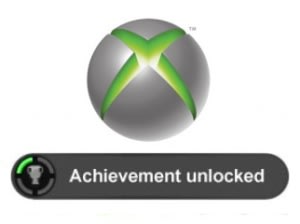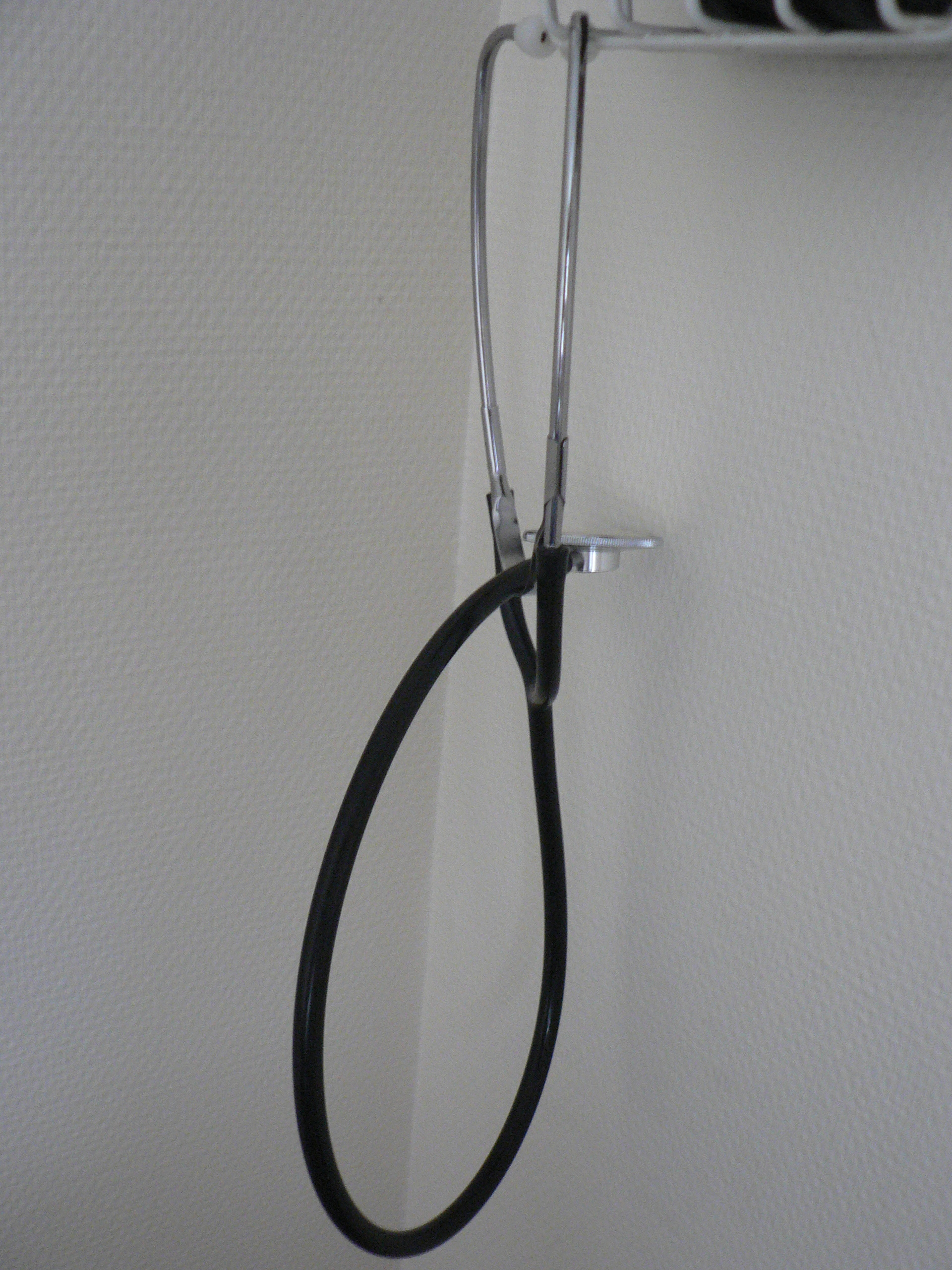 This post reflects a real encounter, but it has been heavily anonymized.
This post reflects a real encounter, but it has been heavily anonymized. "There's someone coming in for anxiety," Dr. H said. "You want a challenge?"
That didn't sound like a challenge to me. Challenges are chief complaints with differential diagnoses that are full of conditions with long names and specific treatment regimens and prognoses and diagnostic techniques...none of which I know! And most conditions patients have, and most new ones I learn about in clinics (salpingitis isthmica nodosa?) prove my disastrous lack of knowledge. But anxiety? That's not like "headache," or (heaven forbid) "chest pain," which have are important, enshrined, carefully-built differential diagnoses. But anxiety is not something I know nothing about. All you have to do with "anxiety" is talk to the person. And that, I can do.
"Sure," I said happily to Dr. H. Maybe he thought I was being a good little aggressive medical student, because he smiled and chuckled, nodding me toward the exam room.
Dr. H's office uses electronic medical records, but because I don't know the system, I just bring in sheets of the same lined paper I use to take notes in lecture. (It has AMDG and JMJ printed at the top, but no one notices because it's very faint.) This has turned out to be a blessing: I can sit and face the patient and ask them questions without the computer as a third wheel. I was especially glad to have paper this time, because it allowed me to really pay attention to the person in front of me.
 I walked in and saw that she "looked her stated age, appeared non-traumatic and well-nourished," to use some stock descriptors from presenting clinical cases.
I walked in and saw that she "looked her stated age, appeared non-traumatic and well-nourished," to use some stock descriptors from presenting clinical cases.But I noticed that she moved very little and her face was not very expressive, although I shifted my weight occasionally during the conversation. And while the layout of the room placed my stool at an angle to her chair, she did not rotate her body to face me, just her head. Her voice was more monotonic than most persons'.
Her eyes were loaded with questions. I don't know all of them, but I wondered whether some were "Will you listen? Will you believe me? Will you judge me? Am I broken? Am I in trouble? Can something help me?"
I was struck this time more than usual that this was a person of great value, perhaps because she seemed very fragile. I softly introduced myself and asked her to tell me about what brought her in.
And she did. Although I remained calmly empathetic and did my job, her story moved me very much. Undeniably, I was moved largely because she and I were so similar. She was very close to my age. Her life was like mine in a few little ways (although hers had been much more crushing, in terms of pressure and tragedy). And later she said, "It's funny that you're a medical student. That's...what I wanted to do before...this."
So although I didn't even unpack these thoughts until I sat down to type this, I was struck by the kind of identity I found between us. She could have been in my place, and I could have been in hers. How was it decided, and why, that she would suffer and submit to describing all this to a stranger? How was it decided, and why, that I would ask another self "have you ever thought about harming yourself"?
Providence is a mystery to me this time.







